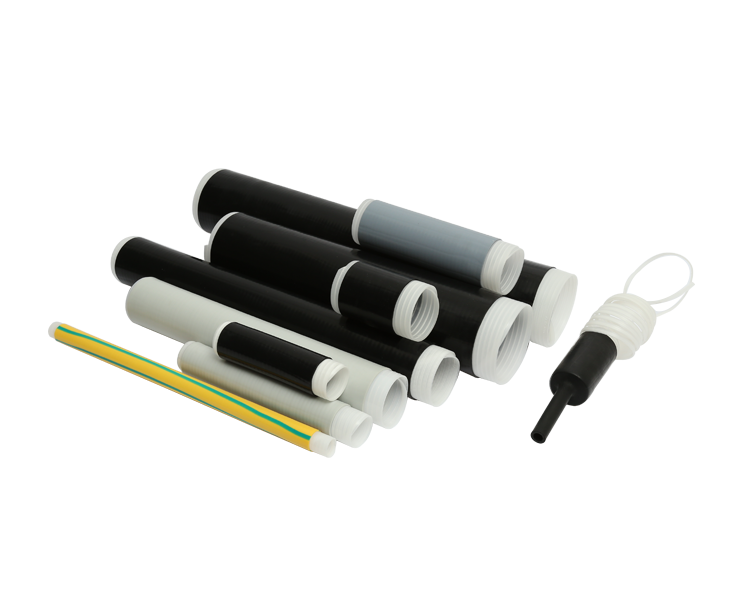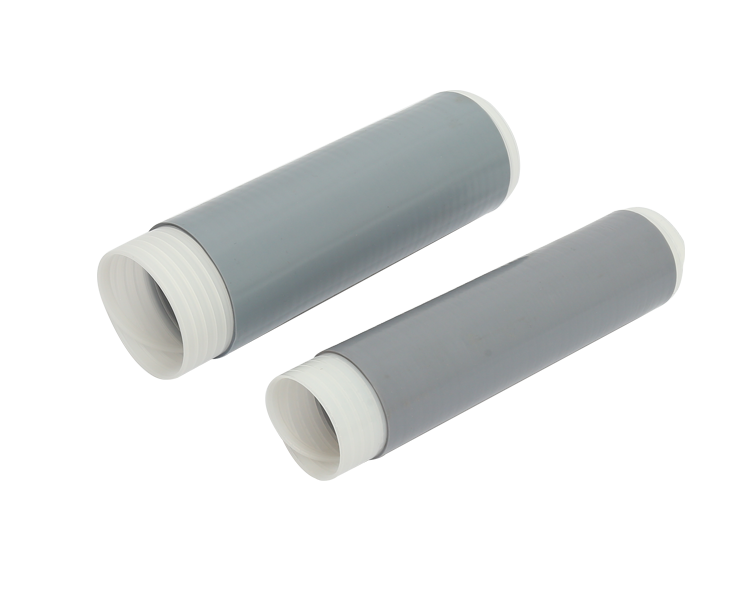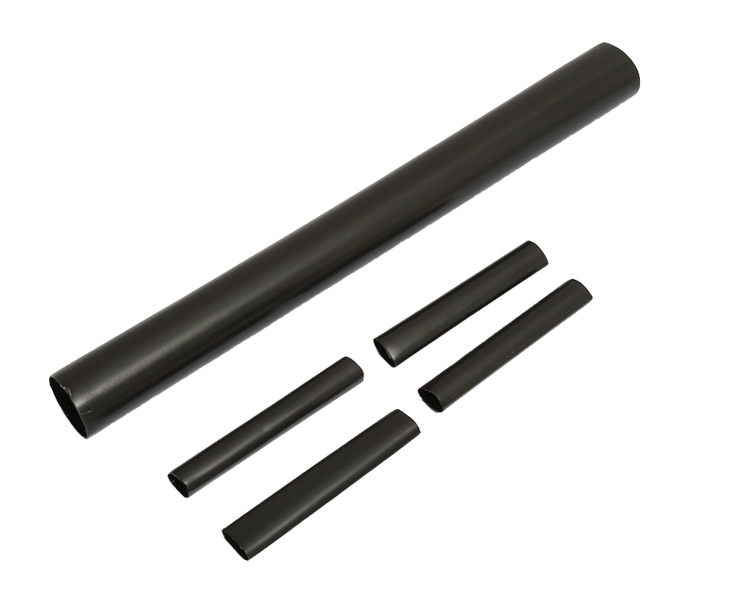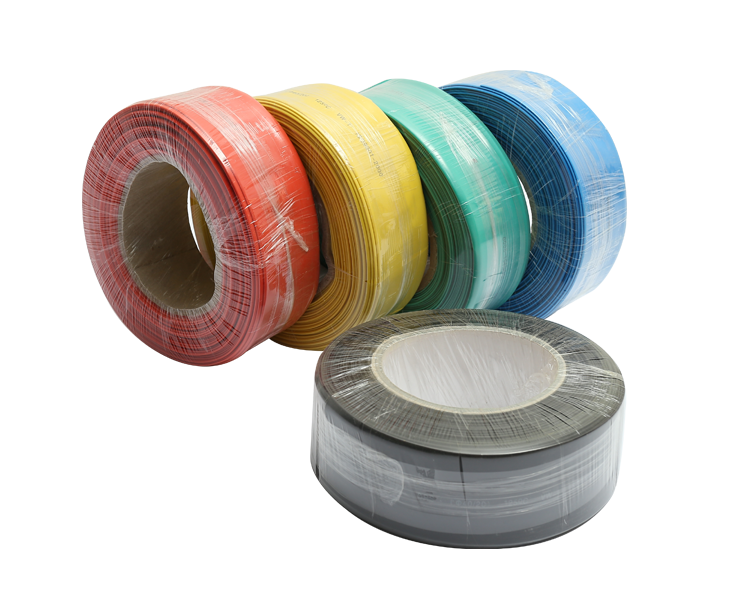Wholesale Separable Insulated Connectors Company in China
Separable insulated connectors are essential components used in electrical systems for creating secure, reliable, and insulated connections. These connectors are designed to allow easy separation and reconnection of circuits while maintaining safety and performance. They are commonly used in various industrial, commercial, and residential applications where electrical systems require safe, robust, and flexible connections.
Separable insulated connectors are specialized electrical connectors that provide both mechanical and electrical connections between two parts of a circuit. They are typically made from materials that offer high levels of insulation to prevent electrical short circuits and ensure safety during operation. These connectors are designed with a separable feature, meaning they can be disconnected and reconnected without damaging the electrical components. This functionality is particularly useful in applications that require maintenance or adjustments without interrupting the entire system.
One of the primary features of separable insulated connectors is their insulation, which prevents electrical current from escaping and potentially causing harm. The insulation material is typically made from high-quality, durable substances such as rubber, silicone, or thermoplastic elastomers. These materials are resistant to environmental factors such as heat, moisture, and chemicals, which ensures the longevity of the connectors.
Another important feature is the separability of the connectors. This allows them to be disconnected without the need for tools or causing damage to the connector or the circuit. This ease of separation is highly beneficial in situations where components need to be replaced, repaired, or maintained.
Additionally, separable insulated connectors are often designed to be compact and lightweight, making them easy to handle and install. Their user-friendly design also allows for quick and efficient connections, reducing the time needed for installation or repairs.
One of the main advantages of separable insulated connectors is their enhanced safety. The insulation ensures that no electrical current can leak out, preventing the risk of electrical shock. This is particularly important in industrial and commercial settings where workers may be handling or interacting with the connectors.
Another benefit is their versatility. Separable insulated connectors can be used in various applications, from low-voltage systems to higher voltage connections, depending on the specific requirements. Their design also allows for use in both indoor and outdoor environments, making them suitable for a wide range of installations.
Additionally, the ability to easily separate and reconnect these connectors makes maintenance and repairs more efficient. In the event of a failure or the need for an upgrade, separable insulated connectors allow technicians to quickly disconnect and replace the faulty components without disrupting the rest of the system. This reduces downtime and ensures that electrical systems remain operational with small interruption.
Separable insulated connectors are used in a wide variety of applications, including power distribution, telecommunications, and renewable energy systems. In power distribution systems, these connectors are used to link transformers, switchgear, and other electrical equipment. Their insulation properties protect workers and equipment from electrical hazards, making them essential for the safe operation of high-voltage systems.
Separable insulated connectors play a crucial role in ensuring the safety, reliability, and efficiency of electrical systems. Their insulation provides protection against electrical hazards, while their separable design allows for easy maintenance and repairs. These connectors are used in a wide range of applications, from power distribution and telecommunications to renewable energy and residential electrical systems.

 English
English 简体中文
简体中文



